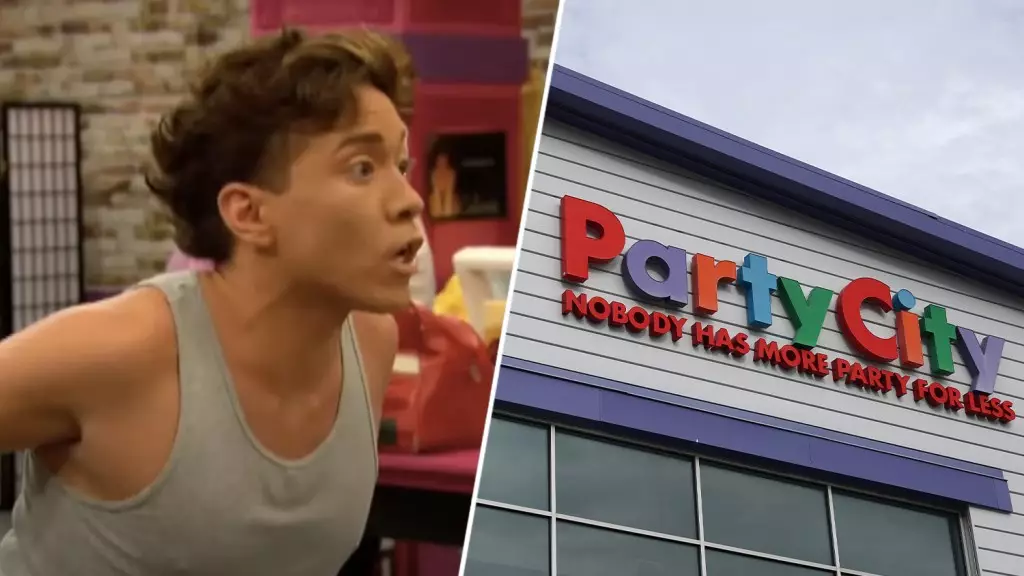The unexpected shutdown of Party City, a staple in the American retail landscape for 40 years, has left a void that resonates far beyond its aisles filled with balloons and party supplies. The sudden closure was not only a financial disaster for the company but also a shocking cultural event that rippled through social media and pop culture. For many, the end of Party City signifies more than the loss of a store; it highlights the fragility of institutions that contribute to communal celebrations and personal milestones.
News of the closure came with the devastating announcement that all employees were laid off immediately, without severance or benefits. This abrupt decision has raised significant ethical concerns regarding corporate responsibility, especially towards long-tenured workers who have dedicated their time and effort to the brand. As individuals took to social platforms to express their disbelief, many revealed their emotional connections to the store. The personal narratives shared highlighted not only the financial impact but also the loss of community and connection that such a retail space provided.
A Pop Culture Moment
The impact of Party City’s closure was palpable, striking a chord with a demographic that reminisced about its once-reliable offerings for celebrations and gatherings. Memes and references surged online, particularly a nod to the iconic reality series RuPaul’s Drag Race, specifically a memorable exchange between Sharon Needles and Phi Phi O’Hara. This cultural reference signified how intertwined the store was with personal and communal expressions of identity and celebration. Users on X (formerly Twitter) mourned the loss of Party City with comments reflecting on their personal connections, realizing that the store was more than just a place to buy supplies; it was a venue of creation for cherished memories.
Party City’s sudden demise serves as a microcosm of ongoing economic challenges and shifting consumer habits. As traditional retail continues to struggle in the face of e-commerce dominance, the case of Party City raises questions about the future of brick-and-mortar stores. It reflects a broader narrative about societal change, where many are witnessing their beloved institutions fall to the wayside. The lamenting of loyal customers reveals an understanding—albeit painful—that change is afoot, and with it, a sense of nostalgia for the simpler times when party planning could be navigated with a quick trip to a local store.
The Future of Celebration?
As we grapple with the impact of Party City’s exit, it begs the question: Where do we go from here? What does this mean for future celebrations and the culture surrounding them? For now, the closure has left a significant cultural gap, with nostalgia looming large amongst fans and customers alike. The way we celebrate has evolved, but the emotional connections we form around those celebrations remain a strong undercurrent in society. Ultimately, while Party City may have closed its doors, the memories created within those walls will continue to foster a legacy that is hard to erase. The call for change resonates louder than ever, urging communities to find new ways to come together even as familiar institutions fade.

